Uğur Dalbeler, Vice Chairman of CIB, highlighted that while Tanzania imports around USD 700 million worth of steel annually, Turkey’s share accounts for only USD 30 million. Dalbeler stressed that this initiative marks a critical step toward long-term strategies in the Sub-Saharan African market. Pointing out that Tanzania serves as a strategic gateway to the region, he said: “For years, we have been a key player in North Africa, from Morocco to Egypt, both in trade and investment. However, due to small economies and payment issues, we have not been able to focus adequately on Sub-Saharan Africa. Since 2018, global protectionist measures have been pushing us toward new markets. Although Tanzania may not yet look attractive to major exporters, this step will lay the groundwork for Sub-Saharan Africa.”
Emphasizing Africa’s significant potential, Dalbeler drew attention to population growth and the continent’s low per capita steel consumption. He noted that Africa’s total population is currently around 1.4 billion, expected to reach 1.7 billion by 2030 and 3 billion by 2050. While global per capita steel consumption stands at 250 kilograms, in Africa it is only 30 kilograms. “This gap reveals the potential of the market. We need to start building our relationships here. The real issue is not just price competition, but being a reliable, consistent, and sustainable supplier. With this vision, we aim to focus much more on the African market in the coming period,” Dalbeler said.
Dalbeler stated that steel demand in Tanzania is largely concentrated on construction steel, with interest in products such as thin sheet, wire, fencing, and nails. He added that demand from large-scale manufacturing industries remains limited, and underlined the importance of cooperation with Turkish construction companies operating abroad.
He also pointed out the steel industry’s critical need for scrap raw material. While Turkey consumes around 40 million tons of steel annually, it can only source 10 million tons of scrap domestically, relying on imports for the remaining 20 million tons.
Addressing the EU’s Carbon Border Adjustment Mechanism (CBAM), which will come into effect at the beginning of 2026, Dalbeler stated that Turkey holds a key advantage in terms of carbon. He noted that Europe’s upcoming investments in scrap-based steel production will increase domestic consumption, but emphasized that Turkey will remain well-positioned thanks to its competitive production capacity, strong industry, and skilled workforce.
Dr. Bekir Gezer, Ambassador of the Republic of Türkiye to Dar es Salaam, announced that the current USD 300 million trade volume is targeted to reach USD 1 billion in the first stage. He added that the Turkish Businessmen’s Association established in Tanzania will soon become active, providing more professional responses to investor inquiries. Gezer also stressed that Tanzanian students educated in Türkiye will act as bridges for future Türkiye–Tanzania relations.
Boniface Ndengo, Vice President of the Tanzania Chamber of Commerce and Industry, expressed optimism about the development of bilateral trade, noting that demand for Turkish steel will increase and that Tanzania is becoming an attractive hub for investors as a gateway to Africa.
Source: Ekonomim


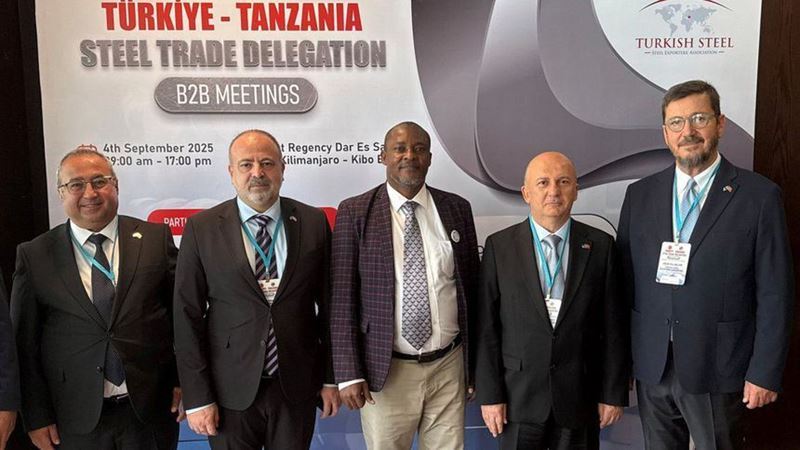

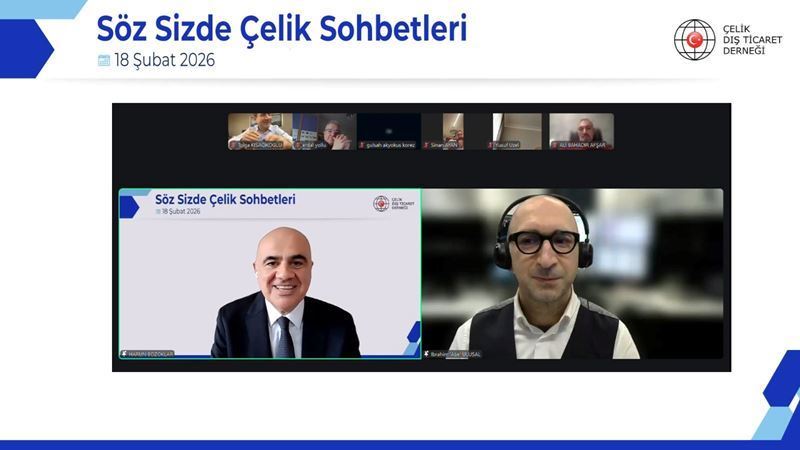
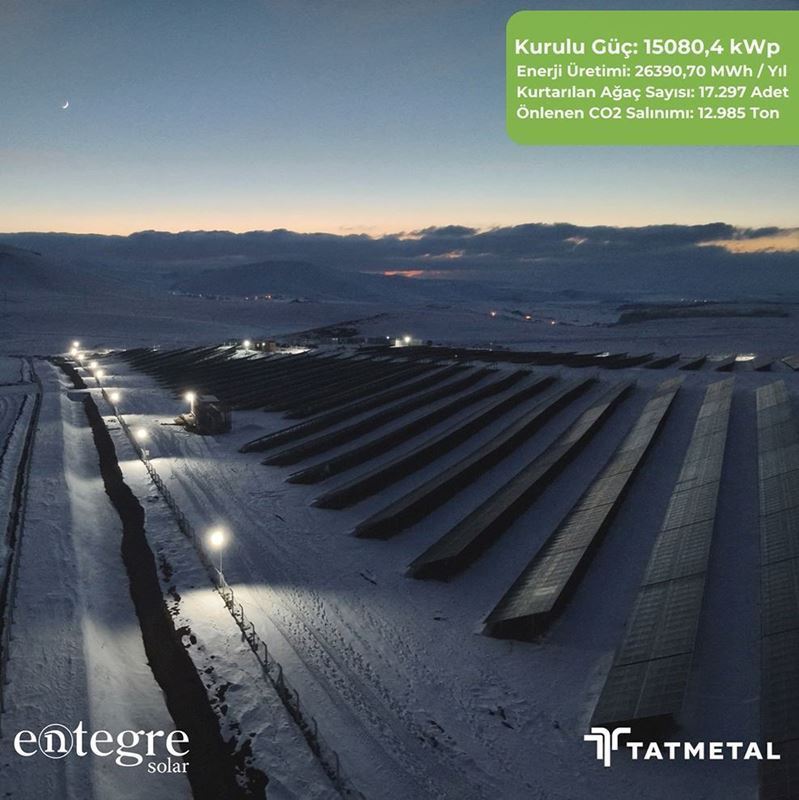
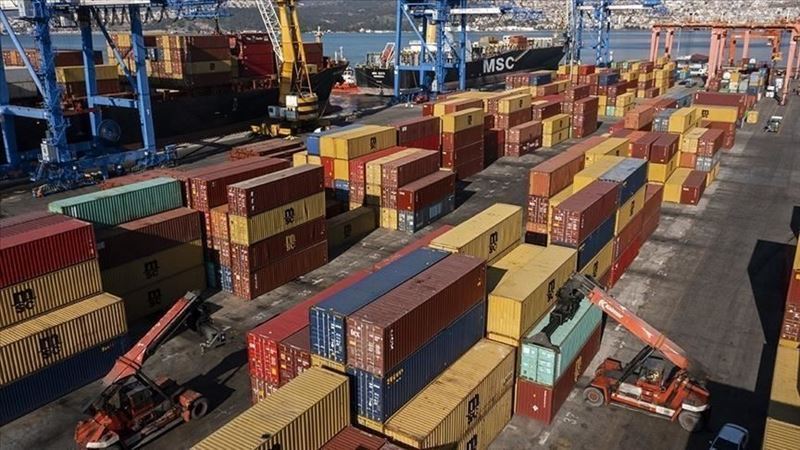
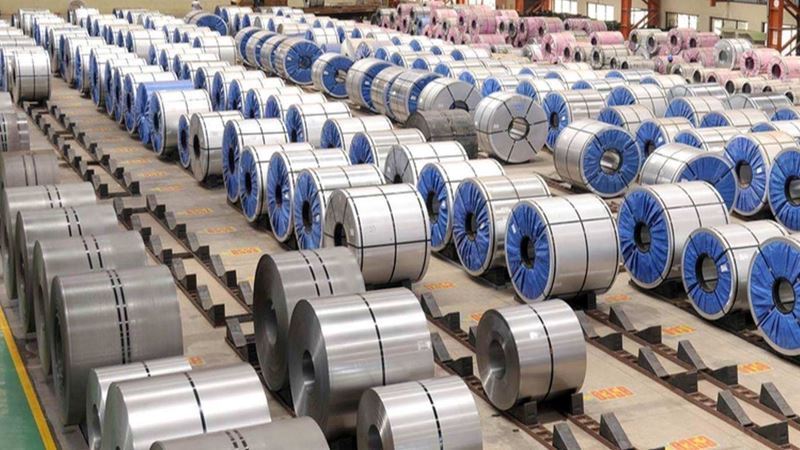



Comments
No comment yet.